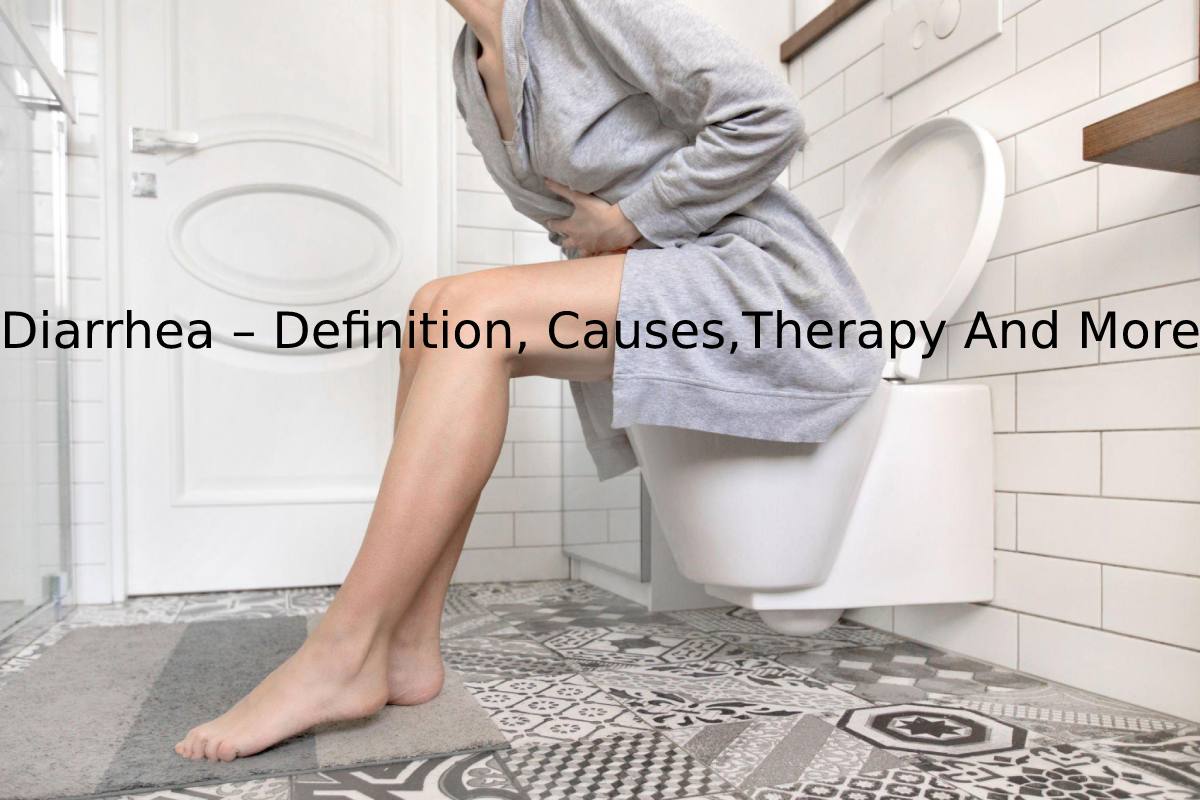Diarrhea – Doctors call bowel movements that occur more than three times a day diarrhea. The stools are thin, soft or liquid in consistency.
The disease is often accompanied by abdominal pain, flatulence, or a feeling of pressure. Diarrhea can result from infection with viruses or bacteria. Food intolerance (eg, lactose intolerance), intestinal disease (eg, Crohn’s disease), eating spoiled food (eg, salmonella infection), or as a result of taking medications (eg, eg, antibiotics) can cause diarrhoea. Acute diarrhea disappears after a few days, even with the help of a special diet. The chronic form must be treated with appropriate therapies.
symptom.
The victim should drink plenty of fluids.
diarrhea at a glance
symptom of art
Description Frequent bowel movements, with a soft to liquid consistency
causes infections, irritable bowel syndrome, food intolerance, medication
Prevention Hygiene in the kitchen, balanced diet
Therapy Electrolyte solutions, activated charcoal, probiotics
Frequency Of Diarrhea
Diarrhea is a very common symptom that almost everyone is familiar with. The frequency also varies depending on the cause: every third long-distance traveler suffers from diarrhoea, around 40,000 Austrians suffer from diarrhea caused by Crohn’s disease or ulcerative colitis, around 30% of Central Europeans suffer from food intolerances such as fructose intolerance or lactose intolerance, which is often accompanied by diarrhea.
Causes Of Diarrhea
Whether diarrhea is actually present depends not only on the frequency of bowel movements, but also on the consistency of the stool. Loose, mushy or liquid stools are usually a sign of diarrhea.
If you have stomach pain, nausea, or a fever, you can assume that you are sick. Therefore, diarrhea can have several causes, the most common being:
Infections with pathogens (for example, E. coli, rotavirus, salmonella, Clostridium difficile)
irritable bowel syndrome
Chronic inflammatory bowel disease (eg, Crohn’s disease, ulcerative colitis)
Food intolerances (eg, fructose intolerance, sorbitol intolerance, celiac disease)
Eating spoiled food (eg, salmonella infection, traveler’s diarrhea)
Drug-related causes (eg, antibiotics, pain relievers)
Danger Of Dehydration
When you have diarrhea, your body excretes excess fluid, which can lead to electrolyte depletion. The biochemical balance becomes unbalanced, the body can no longer receive an adequate supply of fluids and minerals. This situation is especially dangerous for children and the elderly. The body can “dry out” in the true sense of the word, the circulatory system can fail.
Diagnosis Of Diarrhea
Therefore, the diagnosis of “diarrhoea” is essentially based on the underlying causes of frequent bowel movements.
[Diarrhea] can come in 2 forms
Acute and
Chronic diarrhea
Acute diarrhea
Acute [diarrhea]often occurs as a result of infections in the gastrointestinal tract. Certain pathogens (for example, E. coli) cause irritation and, as a result, inflammation of the intestinal mucosa. In the case of acute [diarrhea], the cause of those affected is usually known and ranges from infections to the consumption of spoiled food. Psychological pressure (“test anxiety”) can also cause acute [diarrhea], but it lasts only a short time. This disease usually disappears within 14 days with proper nutrition or as soon as the psychological pressure passes.
Chronic diarrhea
Chronic [diarrhea] on the other hand, can be a key symptom of other underlying diseases (eg Crohn’s disease, irritable bowel syndrome). If symptoms such as flatulence, fever or weight loss persist, a full medical examination should be performed. The doctor first evaluates the symptoms, asking about pain, medication intake, bowel movements, frequency and consistency of bowel movements, living conditions, and diet.
Diarrhea Therapy
[Diarrhea] can and often is treated symptomatically without knowing the cause. However, quick help is needed, especially for young children and the elderly.
In these groups in particular, it is very important to prevent the body from drying out, as this can have life-threatening consequences. The WHO recommends an electrolyte solution for [diarrhea,] which is available in pharmacies. Also self-mixed solutions consisting of
½ liter of mineral water
½ liter of orange juice
8 teaspoons of sugar (equalized)
¾ teaspoon salt
can replace lost trace elements and minerals.
Activated carbon binds pollutants
Due to its high binding capacity, medical activate carbon makes it possible to bind toxic substances, viruses and bacteria in the intestine and ensure that these are excrete and the intestine regenerates quickly.
The disease can be shortened by taking probiotics (yoghurt, special preparations…), since these foods rebuild the intestinal mucosa.

